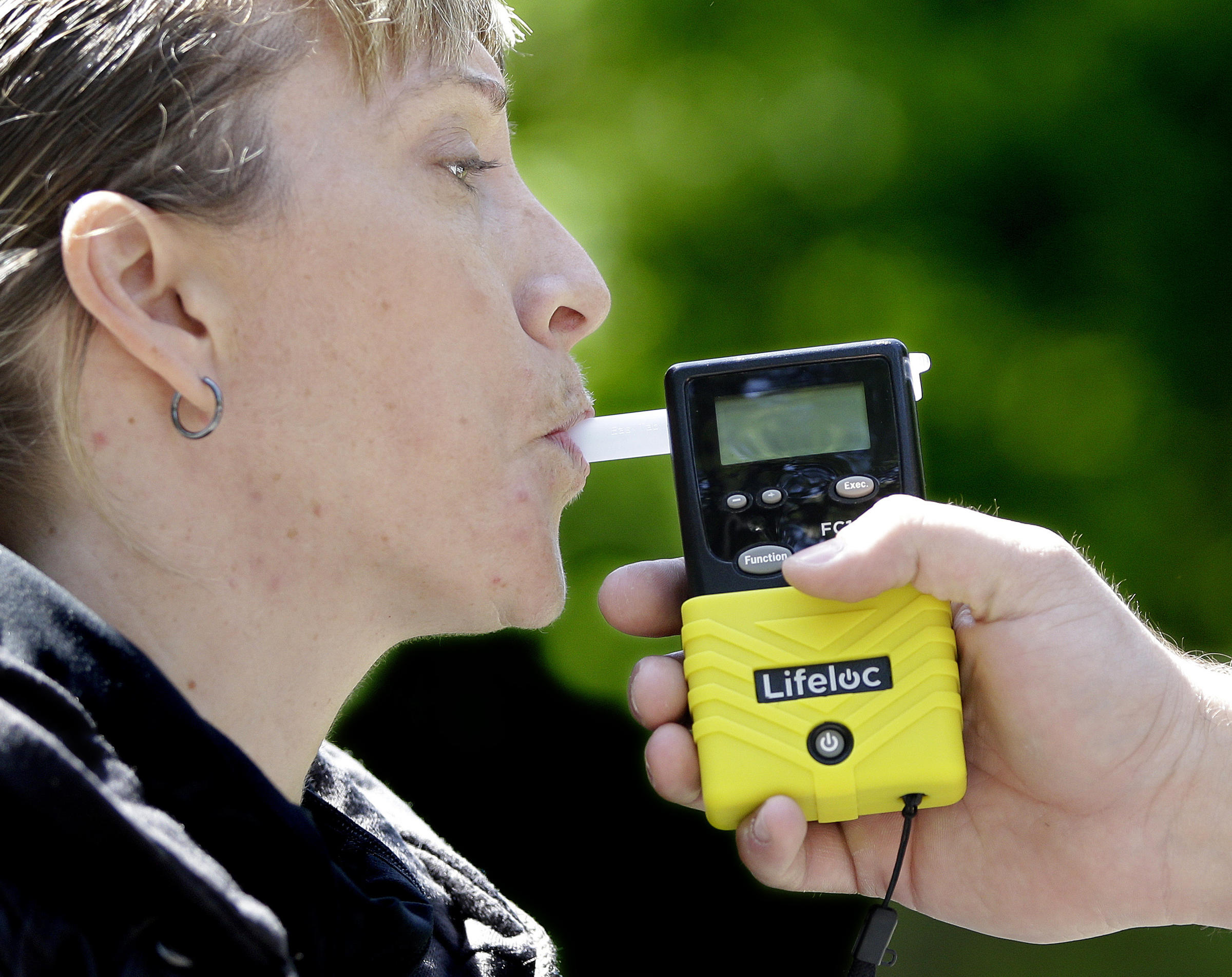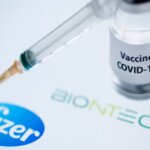Smartphone breath alcohol testing devices may not be entirely accurate and their effectiveness varies, according to a study released in Alcoholism: Clinical & Experimental Research.
A team of experts at the University of Pennsylvania examined 20 moderate alcoholic drinkers in early adulthood, giving each participant doses of vodka until their breath alcohol concentration peaked over the legal limit in America.
As the participants consumed each alcoholic dose of vodka, their blood alcohol levels were measured using smartphone-paired devices and police-grade handheld devices. Blood tests were also initiated to measure levels of alcohol concentration.
“We measured mean paired differences in BrAC with 95% confidence intervals between the police‐grade device and consumer devices,” the study says.
“The accuracy of smartphone‐paired devices varied widely in this laboratory study of healthy participants,” the study also states. “Although some devices are suitable for clinical and research purposes, others underestimated BAC, creating the potential to mislead intoxicated users into thinking that they are fit to drive.”
The study was funded by the Abramson Family Foundation and the National Center for Injury Prevention and Control, among other institutions.


